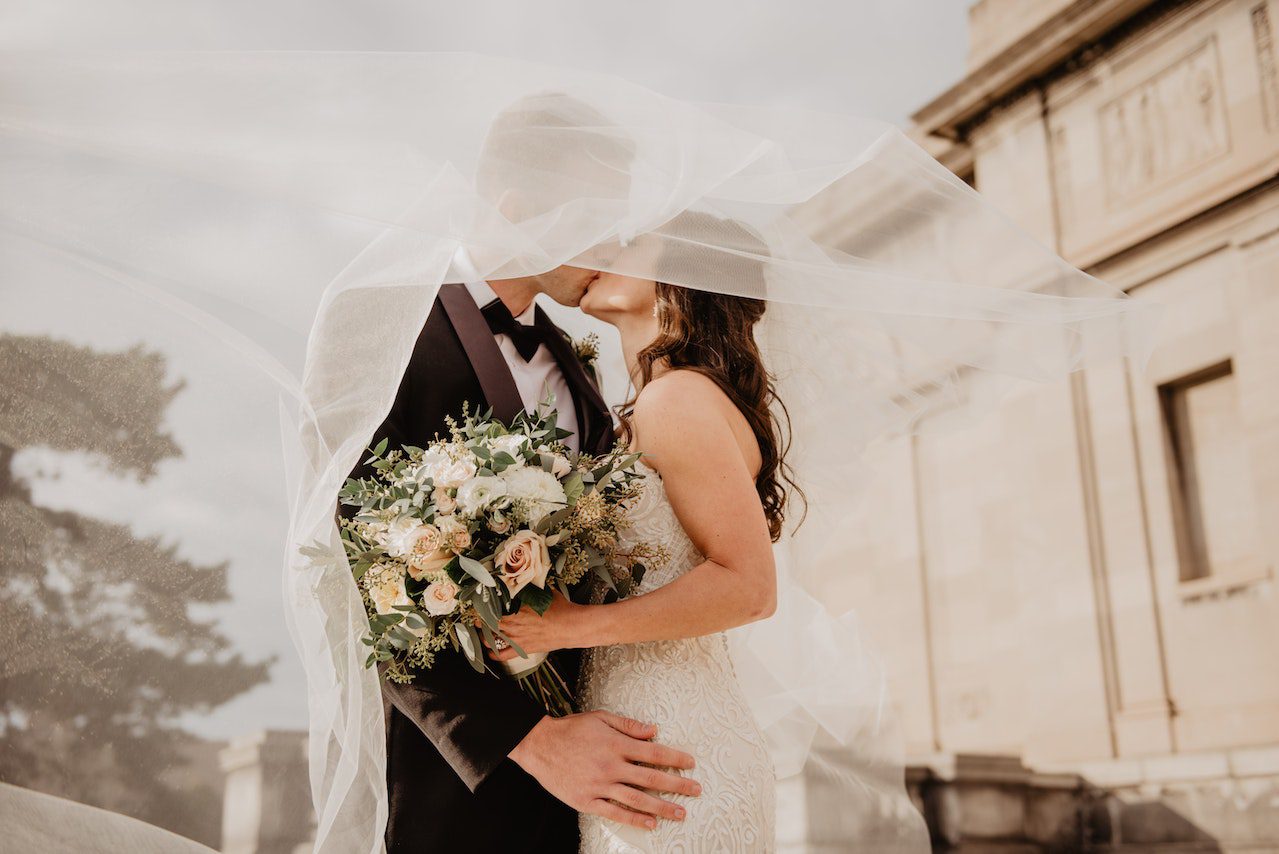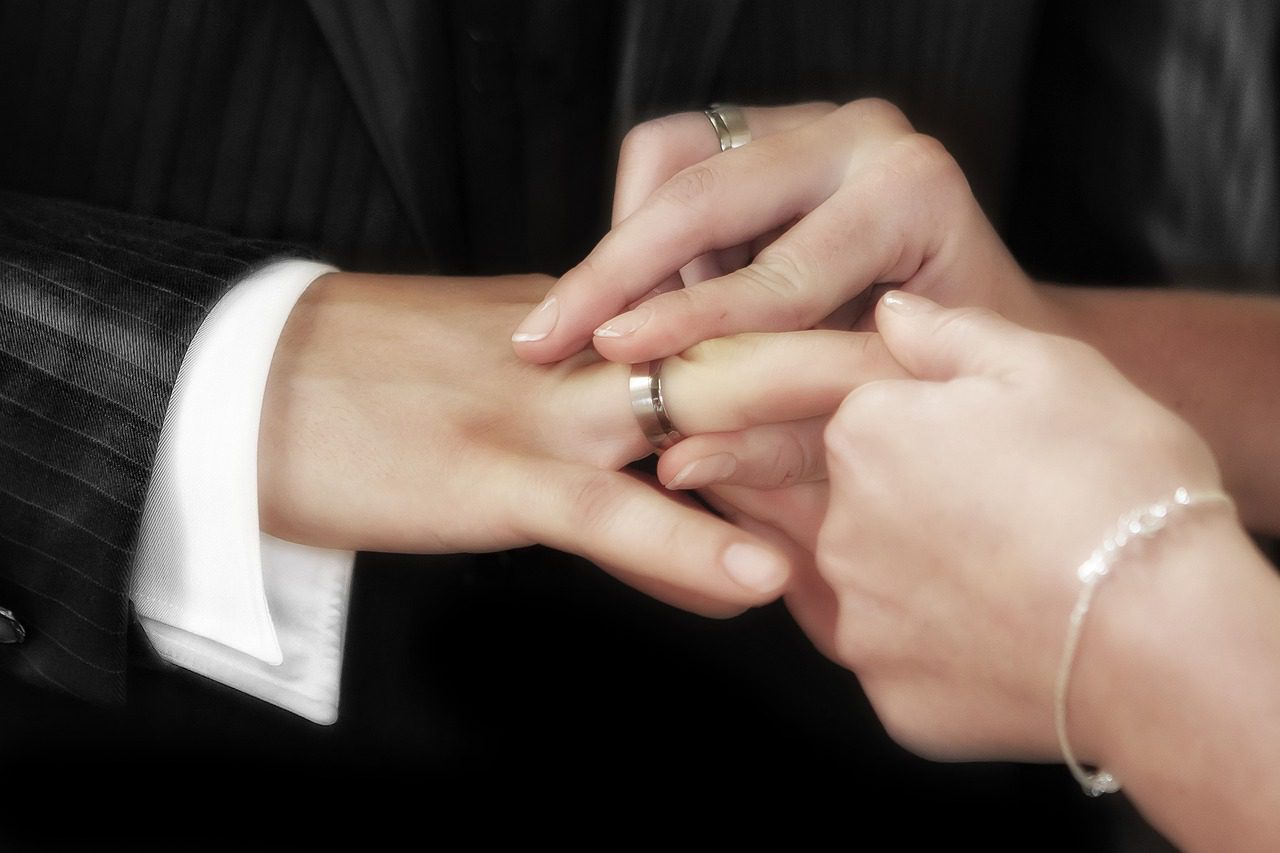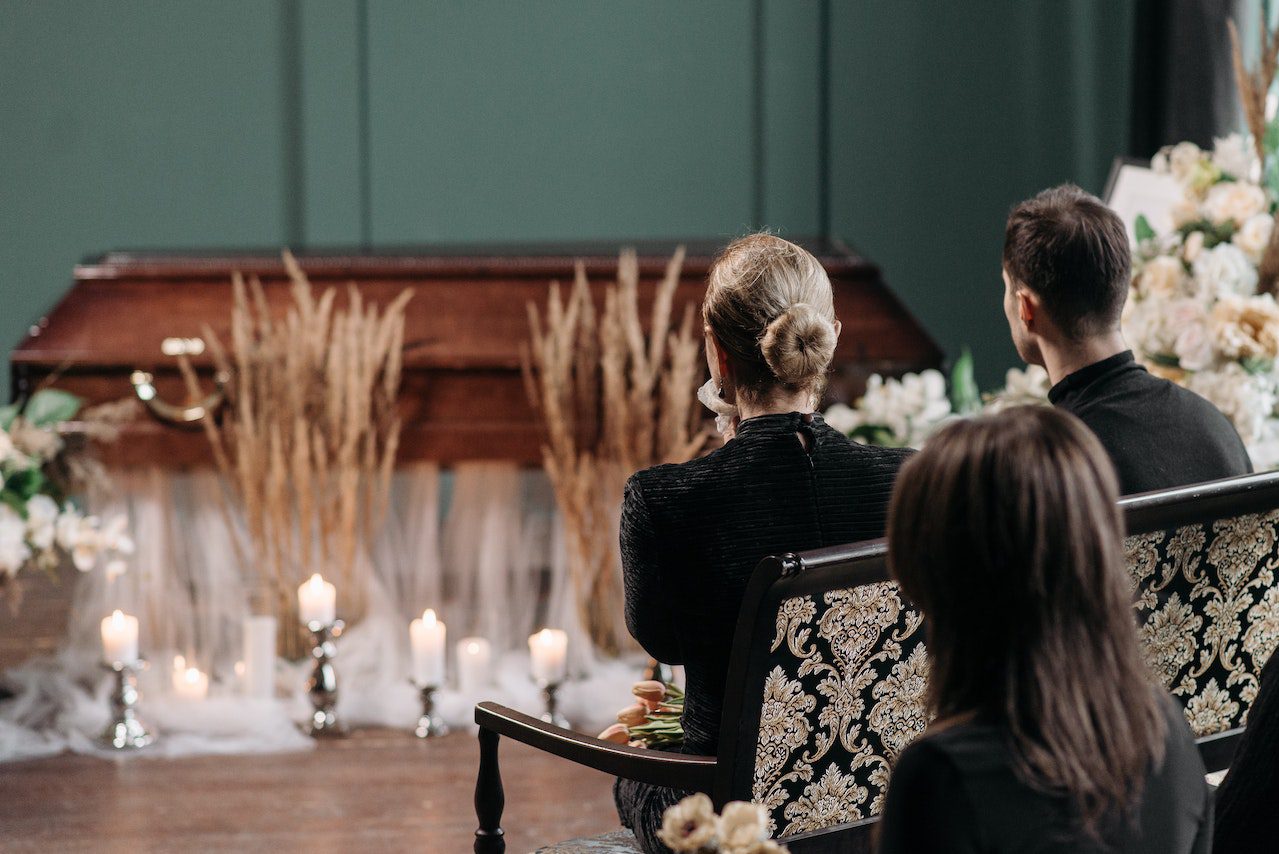The Role of a Marriage & Funeral Celebrant
We’re already guessing you have been wondering about becoming one of the wedding celebrants for a little while now. Maybe your family and friends have suggested you would be an ideal fit for this job. Or perhaps you had attended a celebrant-led ceremony and were significantly inspired. You could have been looking for a fresh beginning or extensions to your career platform. Whichever way it is, it’s your time to begin fresh and take that next huge step in establishing yourself as a celebrant. However, if you think about it, there are several ways you can explore this opportunity.
If that is the case, you have arrived at the right place. Read more to find solutions to all your queries. But let’s begin from the beginning. What is a wedding and funeral celebrant, and what does the title entail?
What is a wedding celebrant?
As per William Shakespeare, a rose by any other title would smell as sweet as Romeo and Juliet. Initially, let’s clear the air. A marriage or wedding celebrant is primarily similar things by different names. Moreover, we will use these two terms interchangeably in the article. At the same time, we are referring to the subject of name titles based on where you are located in the world. In Australia and the US alone, for instance, we’re wedding officiants, whereas, in most of Europe and the UK, we are referred to as wedding celebrants. But, yet again, it’s the same but with different titles or labels.

Simply said, such a professional conducts and creates your wedding ceremony. You might have attended a function where you witnessed a celebrant. Hopefully, that individual helped create a safe and warm space for every guest present to make the most of the ceremony that was meaningful, personal, and engaging, all at the same time. You may not witness the communication and dialog between the couple and the celebrant. The laughter followed by meetings, all those back-and-forth emails, little talks on WhatsApp, the reassurance before the wedding ceremony nerves kicked in.
And, even if it’d been you getting hitched, you’d not have witnessed those hours that the celebrant put into quoting your words, producing it around everything you would want to have discussed together and ensuring that every meager piece of that was relevant to your story. Well, it’s quite some work, isn’t it? Remember, when all is said and done, this has to be tweaked gently into the space where it fits perfectly. Or else everything will go in vain. A marriage celebrant’s work is to weave all they know and understand of their couple into a wonderful ceremony to celebrate their compassion and union.
Is the role of marriage celebrants different in other countries?
Oh yes! It is one of the mains. It concerns whether a marriage celebrant can do that legal bit. This is where they legally solemnize marriages and create a ceremony. Ideal wedding officiants will operate as suggested above, but legalities tend to differ from country to country. Marriage celebrants in Spain, France, and other European nations do not include legal procedures in their work and ceremonies. Besides, couples tend to register their weddings separately based on the region’s laws.

On the other hand, in Northern Ireland and Scotland, a few wedding celebrants can legally get engaged and marry couples and conduct their respective ceremonies. However, they must register their marriage with certain belief bodies.
What’s a funeral celebrant?
Funeral celebrants play a considerable role in assisting people with commemorating the lives of their loved ones who have departed. Working alongside bereaved families from different backgrounds, and showing care and empathy in every circumstance, makes someone unique. Likewise, if you can speak professionally and respectfully about an individual you likely have never met requires a special version of a person.
Such a celebrant is a qualified individual who works with bereaved families to officiate a memorial service, funeral ceremony, and celebration of life. Moreover, to offer exceptional service, a sound funeral celebrant can meticulously obtain the facts and figures of a deceased individual’s life without upsetting any deceased family member. As a result, if you wish to observe or understand the industry well and perform your duties with professionalism and pride, you must enroll in a professional course.
Speaking in a general sense, funeral celebrants will have a brief time to talk to the family and funeral directors. Furthermore, they research insights that can be used during the entire ceremony, like quotes, poetry, or appropriate works. Plus they also draft speeches for family members. It is essential to know that funeral celebrants will make specific changes to deliver a proficient and moving solution. But how do you achieve all this?

How to become a celebrant?
Typically, funeral directors refer such a celebrant to the bereaved family planning a funeral ceremony. Several funeral directors tend to have a relationship with the funeral celebrant they recommend. Besides, building a robust relationship with a director can take a significant amount of time; it’s always a suggested place, to begin with.
What skills are required?
Recommended funeral celebrants must have the necessary skills these directors depend on. You must:
• Have expressive and precise writing skills
• Communicate sensitively and clearly
• Speak confidently in public
• Actively listen to make sure vital information is captured
• Control your emotions, respond respectfully and appropriately
• Build long-lasting relationships in the industry
• Be very flexible
• Work with people from an array of backgrounds
• Manage invoicing elements of a small enterprise
What are you expected to do?
Did you know funeral celebrants can officiate and manage the funeral service? Typically, funeral directors will be authorized to handle a funeral administration. However, sometimes such a professional will handle admin work too.
• Going over the insights to help create the desired atmosphere
• Meeting with the bereaved family.
• At times, you will be requested to assist the family with the funeral service.
• Collaborating with funeral directors
• Preparing the eulogy
• Delivering the funeral service
• Planning the order of service
How to find a Wedding & Funeral Celebrant in Tauranga – Get in touch with Nikki Guthardt






